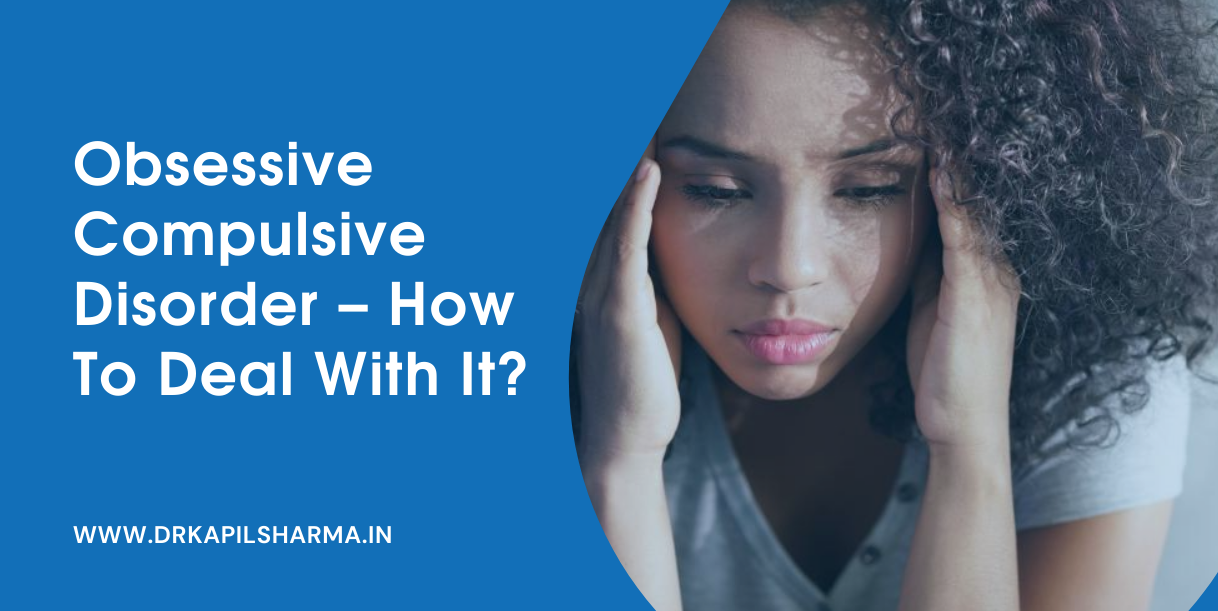
Obsessive Compulsive Disorder – How To Deal With It?
Obsessive Compulsive Disorder (OCD) is a mental disorder that affects millions of adults in India alone. It is characterized by recurrent, unwanted thoughts or behaviors that are difficult to stop or control.
OCD can be divided into two major categories: obsessive thoughts and compulsive behaviors. Obsessions are intrusive thoughts, impulses, or images that are senseless and distressing while compulsions are repetitive behaviors that temporarily reduce anxiety.
People with OCD may have certain rituals they repeat depending on the obsession they have at that time. They may wash their hands many times a day if they fear contamination, check things over and over to make sure they’re not making a mistake, walk around the house in a specific pattern for hours if they fear something bad will happen if
Obsessive Compulsive Disorder, or OCD for short, is a psychological condition. It is characterized by obsessive and aberrant thoughts that influence a variety of behaviors and grow persistent over time and is usually referred to as compulsions. People have been known to suffer from obsessions or compulsions in the past. Obsessive compulsive disorder (OCD) is claimed to affect such people.
People With Obsessive Compulsive Disorder: What Do They Feel?
Obsessive Compulsive Disorder patients are unable to determine if their thoughts are credible or not. They may recognize that their obsessions are unreasonable at times, but they believe that they have no control over them.
People with Obsessive Compulsive Disorders who are well aware of their condition may on sometimes, strive to halt their obsessions. Some of them even succeed in their endeavors. Depression and anxiety have a negative impact on the condition, and people often engage in compulsive behavior in order to cope with stress.
What Happens in Obsessive Compulsive Disorder?
There are various motifs that run across this disease. Some patients may have an unhealthy fear of microbial infection or germ exposure. As a result, they wash their hands obsessively to alleviate the preoccupation. Others may obsess over the appropriate organization of each and every one of their possessions and devote an irrational amount of time to it. This results in a pattern of unreasonable behavior, which is a hallmark of Obsessive Compulsive Disorder. With the help of the best psychologist in Jaipur, you can control mental health conditions.
Treating Obsessive Compulsive Disorder:
Psychotherapy has proved to be the most effective and result-oriented treatment for Obsessive Compulsive Disorder. Antidepressants and other drugs have been shown to aid with Obsessive Compulsive Disorder. Obsessive Compulsive Disorder is treated using a therapy called as exposure and response prevention, which seeks to minimize your obsessions. Several antidepressants are widely accessible on the market, but it is always advisable to get medical advice before using any of these medications since they might have a variety of negative effects and lead to further issues. If you are facing the same problem then you need to consult a healthcare professional or best psychiatrist in Jaipur. The healthcare professional will help you overcome the situation.

